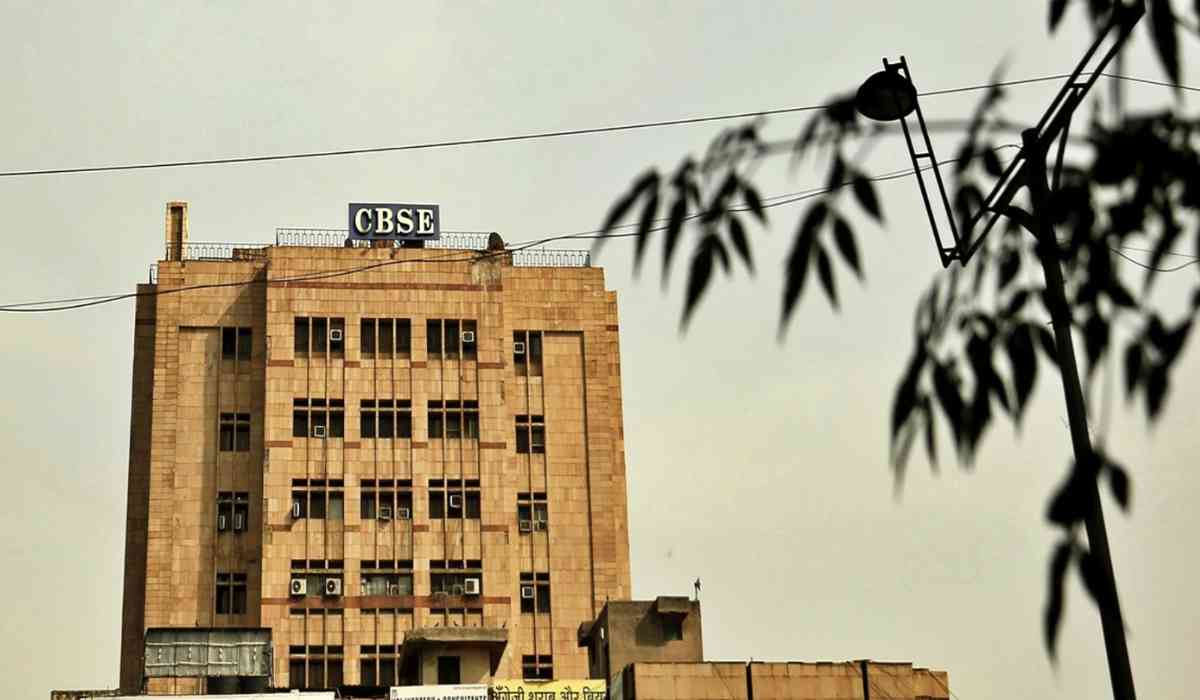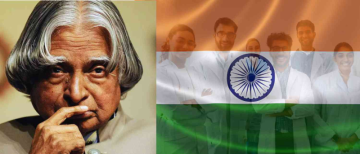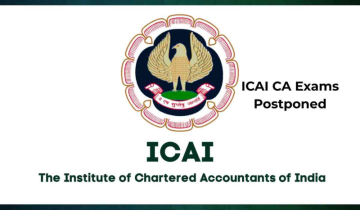The Central Board of Secondary Education (CBSE) is set to embark on a transformative journey in Indian education, proposing substantial revisions to the academic structure for secondary and higher secondary education. This comprehensive overhaul encompasses changes in language study requirements, passing criteria, and the introduction of a national credit framework.

Language Evolution
In a significant move, CBSE proposes a shift from studying two languages to three in Class 10, with the condition that at least two of these languages must be native to India. Simultaneously, the passing criteria for Class 10 students are set to undergo a significant alteration, increasing from the existing requirement of passing in five subjects to an elevated ten.
The proposals for Class 12 are equally ambitious, suggesting that students study two languages instead of one, with the stipulation that at least one language should be native to India. Furthermore, the number of subjects required for passing Class 12 will increase from five to six, emphasizing the board's commitment to a more comprehensive and rigorous academic structure.
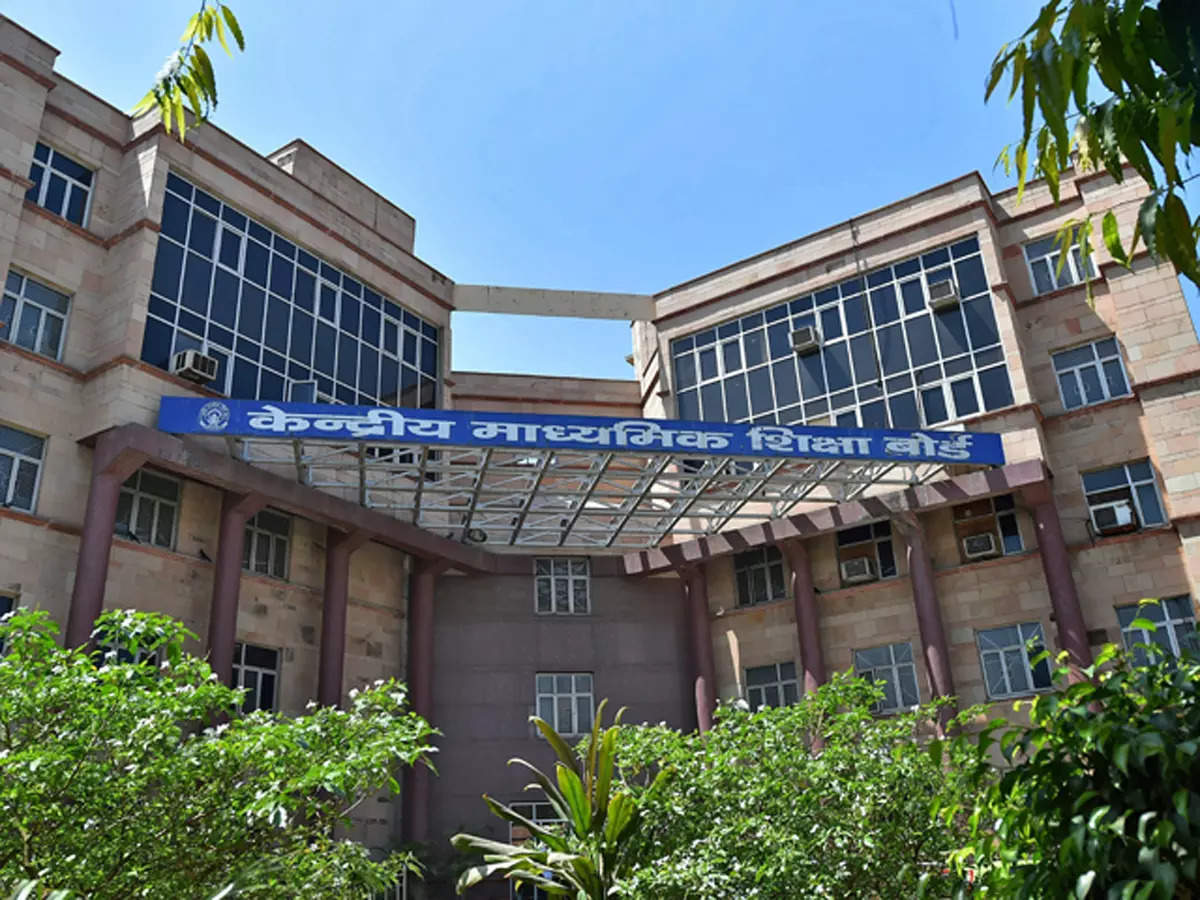
National Credit Framework
Integral to the proposed changes is the implementation of a national credit framework in school education, aligning with the objectives outlined in the National Education Policy 2020. The absence of an organized credit system in the traditional school curriculum is set to be addressed through this framework, with a full academic year comprising 1,200 notional learning hours or 40 credits, according to CBSE's proposition.
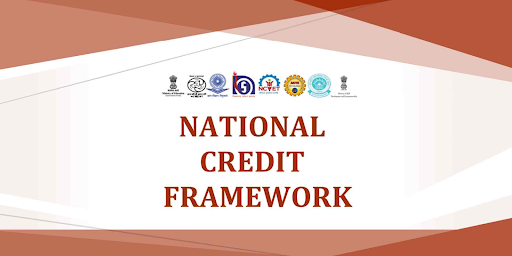
National Learning and Academic Bank of Credits
The term "National Learning" takes centre stage in CBSE's proposal, denoting the estimated time required for a student to achieve specific learning objectives. To ensure a holistic approach, students need to complete 1,200 study hours per year, covering academic teaching, extracurricular, experiential, or non-academic learning.
The Academic Bank of Credits will play a pivotal role in digitally recording the credits acquired by students, accessible through an associated Digilocker account. These credits, independent of grades, signify a novel approach to recognizing and valuing diverse forms of learning.
_1706950999.webp)
Subject Expansion
To implement these groundbreaking changes, CBSE suggests the addition of more subjects to the secondary and upper school curricula. This includes vocational and transdisciplinary courses alongside the existing subjects. For Class 10, the credit-based system mandates passing ten subjects, three of which are languages and seven are main subjects. The seven key subjects include mathematics and computational thinking, physical education and well-being, social science, science, art education, vocational education, and environmental education.
The proposed changes by CBSE signal a paradigm shift in the Indian education system, aiming to create academic parity between vocational and general education. As the educational landscape undergoes a significant transformation, the CBSE's visionary approach strives to prepare students for a dynamic future, fostering a holistic and well-rounded learning experience. Affiliated institutions have been given until December 5, 2023, to provide feedback on these proposed reforms, indicating a collaborative effort to shape the future of Indian education.
© Copyright 2024. All Rights Reserved Powered by Vygr Media.

